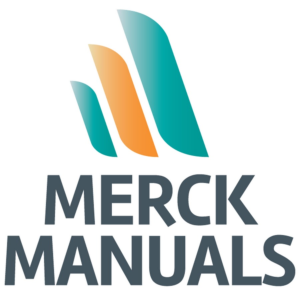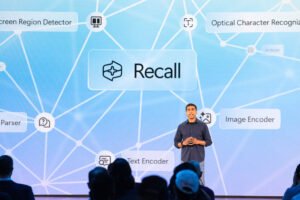Key Space Executives to Follow in 2025: Juan Carlos López from Microsoft

Juan Carlos López: Pioneering AI in Space
Senior Solution Specialist, Space and AI at Microsoft
Juan Carlos López is making significant strides in the integration of artificial intelligence (AI) within the space sector. His most recent achievement involves managing the partnership between NASA and Microsoft to develop the NASA Earth Copilot. This innovative tool leverages AI to enhance the accessibility and usability of extensive Earth science data collected by NASA. By harnessing the power of Azure OpenAI and advanced geospatial technology, the NASA Earth Copilot empowers scientists, researchers, and the general public to explore climate and environmental data simply by using natural language commands.
Transforming Decision-Making with AI
The NASA Earth Copilot marks a pivotal advancement in utilizing AI for decision-making processes. It simplifies the interaction with complex datasets, catering to both experts and laypeople. López and his team have been instrumental in accelerating the adoption of AI technologies within NASA, showcasing how cloud-based AI solutions can significantly advance scientific missions aimed at understanding and safeguarding our planet.
Heidi Kobylski, the U.S. federal civilian leader at Microsoft, emphasizes López’s impact, stating, "Juan Carlos is leading the way in bringing AI and cloud technologies to space, particularly in how NASA uses data for science and exploration. His role in the NASA Earth Copilot illustrates his commitment to fostering innovation and facilitating new discoveries."
Future Directions for AI in Space
Looking ahead to 2025, López and his team are dedicated to expanding the adoption of AI technologies within NASA. Their initiatives involve transitioning AI programs such as the NASA Earth Copilot from the prototype phase into fully operational systems, ensuring they benefit NASA’s various teams comprising scientists and engineers.
Moreover, the team is investigating how AI can optimize satellite operations, enhance space exploration endeavors, and improve overall mission efficiency. By embedding AI into daily workflows, they aim to broaden NASA’s capabilities and explore new frontiers in both space and Earth exploration.
López emphasizes the transformative nature of AI in the space industry, stating, "AI is not just streamlining space programs; it is also making them more inclusive. It reduces barriers to participation, allowing a wider and more diverse array of scientists, engineers, and the public to engage in space exploration like never before."
Engaging Young Minds in STEM
In 2023, López also ventured into educational initiatives by collaborating with Microsoft, NASA’s International Space Station (ISS) program, and Marvel’s Guardians of the Galaxy: Volume 3. This partnership aimed to produce educational materials that encourage students to pursue careers in science, technology, engineering, and mathematics (STEM). By integrating elements of space exploration with popular culture, this effort inspires creativity and demonstrates how technology can shape future possibilities.
Key Highlights of Juan Carlos López’s Work
- NASA Earth Copilot: An AI tool designed to make Earth science data more accessible.
- Innovative Leadership: Recognized for driving AI adoption within NASA’s operations.
- Future Accomplishments: Focused on scaling AI capabilities for impactful real-world applications by 2025.
- Educational Initiatives: Engaged in creative programs to inspire STEM careers through collaborations with well-known brands.
López’s work illustrates the exciting intersection of technology and space exploration, highlighting how AI can transform not only the way we gather and interpret data but also how we engage future generations in these fields.





